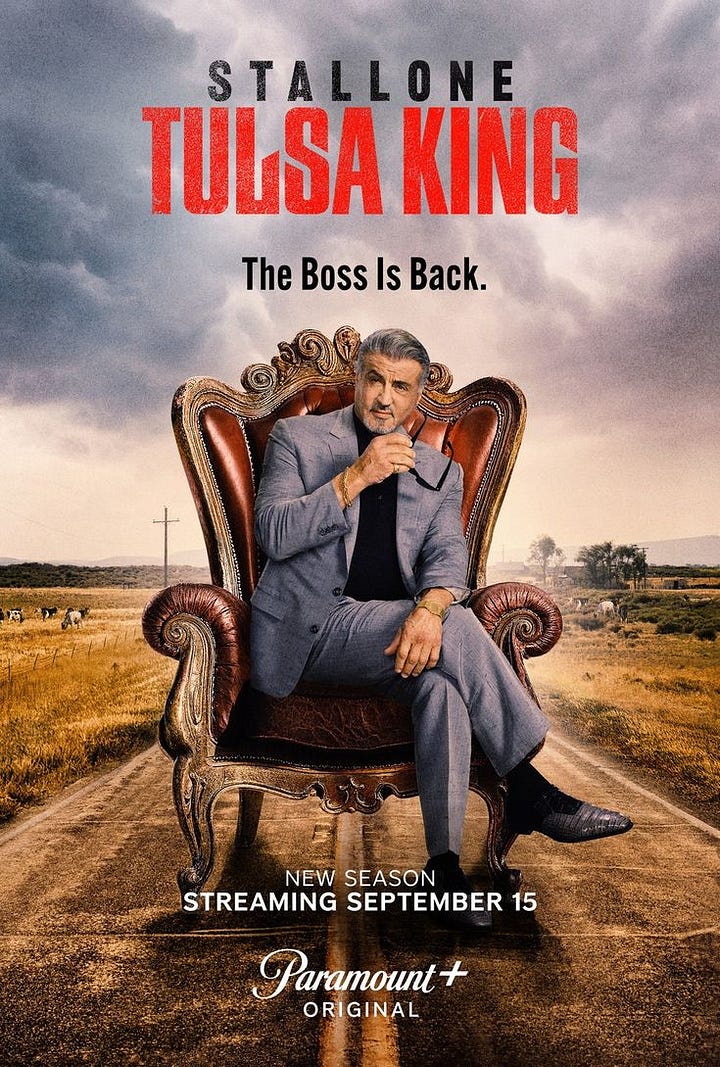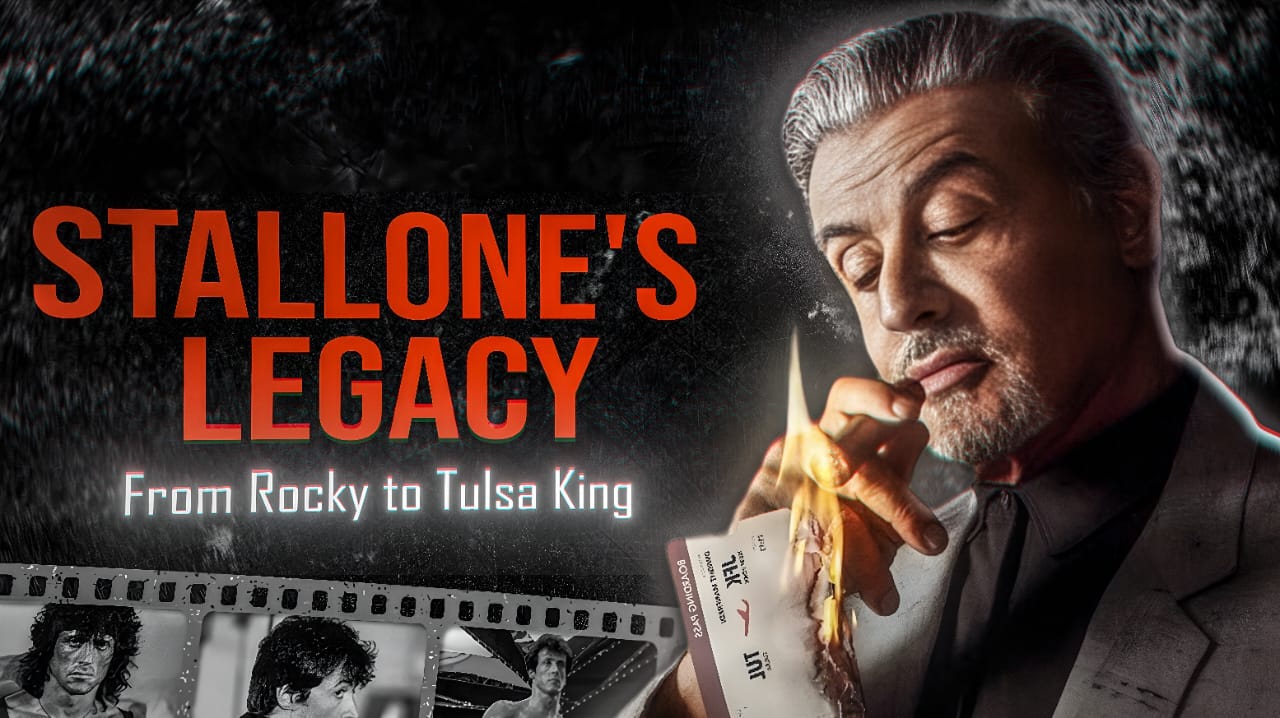Sly Stallone Continues to Dominate Streaming With Tulsa King Season 3
When Tulsa King premieres its third season on Paramount+, Sylvester Stallone will once again step into the role of Dwight “The King” Manfredi—a mobster exiled to Oklahoma who struggles to rebuild his empire. The show’s return is more than the continuation of a crime drama; it is also a marker of Stallone’s transformation in a shifting entertainment industry that now measures longevity not by box-office returns, but by streaming relevance.
A Shift From Blockbuster Hero to Streaming Protagonist


For decades, Stallone defined the archetype of the American action hero. Rocky and Rambo made him a global star, symbols of cinematic spectacle in an era when theaters were the primary stage. But as Hollywood adapts to the demands of on-demand platforms, Stallone has found in Tulsa King a new kind of arena: one that values slow-burn storytelling and the moral ambiguity of serialized characters over explosive set pieces.
Created by Taylor Sheridan, whose television empire already includes Yellowstone, Tulsa King has given Stallone an opportunity to inhabit a more nuanced role. Dwight Manfredi is not indestructible; he is flawed, reflective, and, at times, vulnerable. That shift mirrors a broader cultural appetite for layered antiheroes—the kind who fit naturally into binge-watching culture.
Why Tulsa King Resonates
The show’s success rests on several converging factors:
Narrative Depth: Long-form storytelling allows Stallone to shed the invincible action persona in favor of character work that reveals both menace and humanity.
Strategic Partnerships: By aligning with Sheridan and Paramount+, Stallone has placed himself at the forefront of streaming’s serialized renaissance.
Franchise Possibility: With a spinoff, NOLA King, already in development, the series hints at a broader universe that could extend Stallone’s relevance far beyond its initial premise.
A Career in Motion
For Stallone, Tulsa King represents both continuity and reinvention. His role as producer signals an interest in shaping projects behind the camera, while the global reach of streaming offers him a new audience untethered from the box office. It suggests a future less dependent on the familiar rhythms of theatrical release, and more aligned with a model where legacy stars can reinvent themselves through serialized, globally accessible storytelling.
The Broader Picture
Stallone’s pivot underscores a larger reality: in today’s entertainment economy, survival depends on adaptability. Streaming has blurred the line between television and film, offering actors once synonymous with blockbuster cinema a chance to find new relevance. For Stallone, who has spent much of his career embodying resilience, the shift feels almost poetic.
A Legacy Extended
As Tulsa King enters its third season, Stallone’s experiment in reinvention appears to be working. He has not abandoned the grit or charisma that made him famous; he has simply found a new medium in which to exercise them. If the past defined Stallone as a cinematic fighter, the present suggests something else: a storyteller willing to evolve with the times, and a reminder that even the most enduring legends can find fresh chapters to write.



